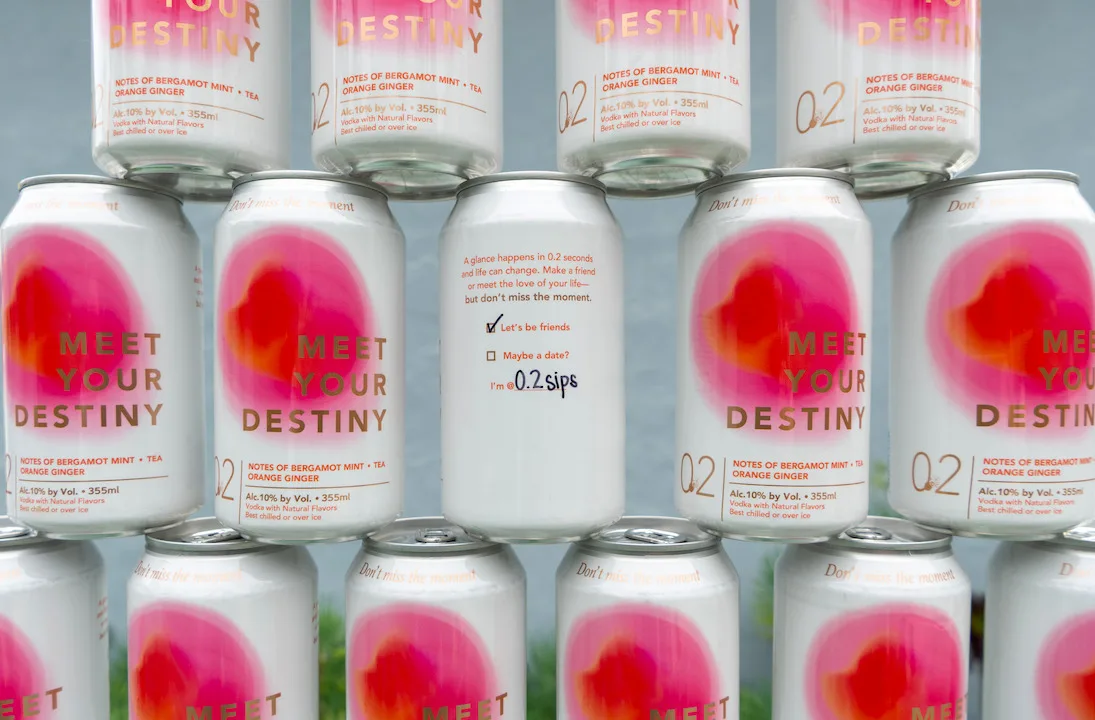
The nutrigenomics diet
November 13, 2020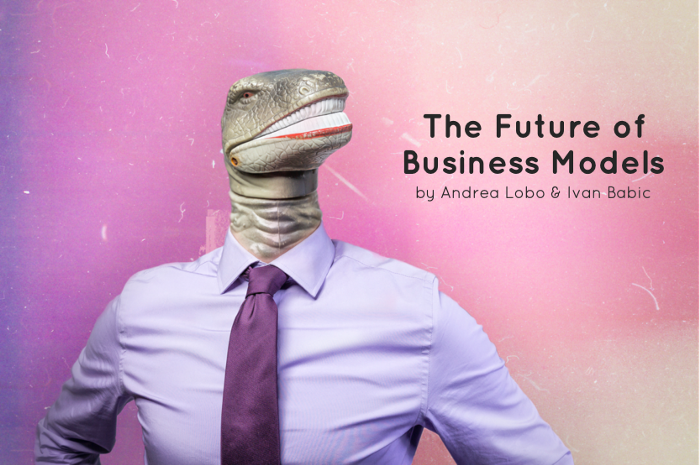
THE FUTURE OF BUSINESS MODELS
November 18, 2020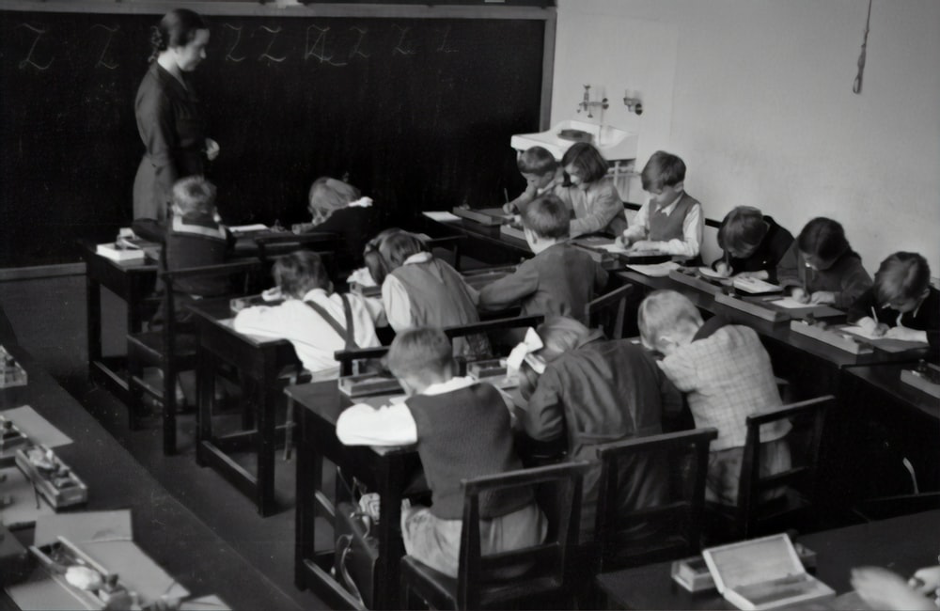
Why do we still hold graduation ceremonies the same our parents and grandparents did over 50 years ago? Why hasn’t the education system and work sector changed?
It is not a new fact that Millennials and Generation Zers are less motivated to attend school compared to previous generations. This may likely be because the current education system isn’t designed for this new generation.
For instance, in the USA 64% of the students drop out of public universities within the first year (Bustamante, 2019). The difference in perceptions can be spotted easily, while previous generations wanted to focus on core knowledge, current generations want to focus more on the process itself rather than the outcome.
Due to technological implementations, online learning and a dynamic way of learning, their courses are uniquely designed for them and packed with all the right tools they need. Big difference, right? However, that difference is not a new thing.
Millennials and Generation Zers are two generations with totally different values. Scopes are changing for instance, work/leisure and how they balance their lives is shifting including their environment, which is a big factor that drives their values. But if you take a closer look to their values in relation to the work/education sector, there has been some manifestations going on. Let’s highlight a few:
Technology
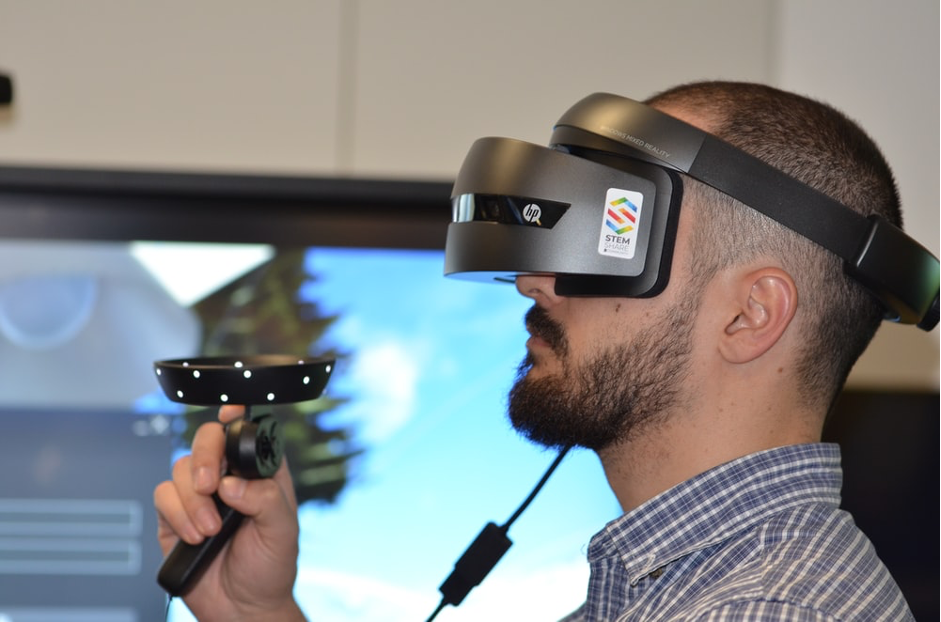
Obviously, Millennials and Generation Zers have grown up with the newest technologies and gadgets that made life more convenient. This results in a huge demand or expectation for integration of technology in classrooms or offices (Rana A. Saeed Al-Maroof, 2018). Examples of this could be Virtual Reality within a meeting, Cloud storage, Gamification or injecting a cool sense of vibe during history class. Gaining experience helps students learn better and more efficiently. However, the costs of implementing the newest technology will be tremendously high. No school has the financial possibilities to adapt in a blink of an eye (Setyaningsih, 2020). But in my opinion, technology still has a lot of potential within the future education model.
Work/Leisure’s edge is getting thinner

The perception of work and leisure is shifting as well. It is becoming a concept by itself. Universities are recommending their students to work remotely more and more lately, especially in this time with COVID-19. It seems to be the new university standard as leisure and work/school obligations are merging. The art itself is to balance these two perfectly in order to keep both together but apart at the same time. A balanced lifestyle will result in a productivity increase which motivates the students more (1&1, 2019). And again, especially Millennials and Generation Zers who tend to travel and work more to be in the right vibe. They call it “Bleisure” according to EntrpriseHoldings.com. In addition, these generations rate their Quality of Life considerably higher which is something interesting. Imagine that you are able to follow your courses while being on holiday on Bora Bora. It seems probable, but it is already happening. Since travelling around the world is tremendously popular, it fits the generations’ identity to explore themselves personally.
Identity
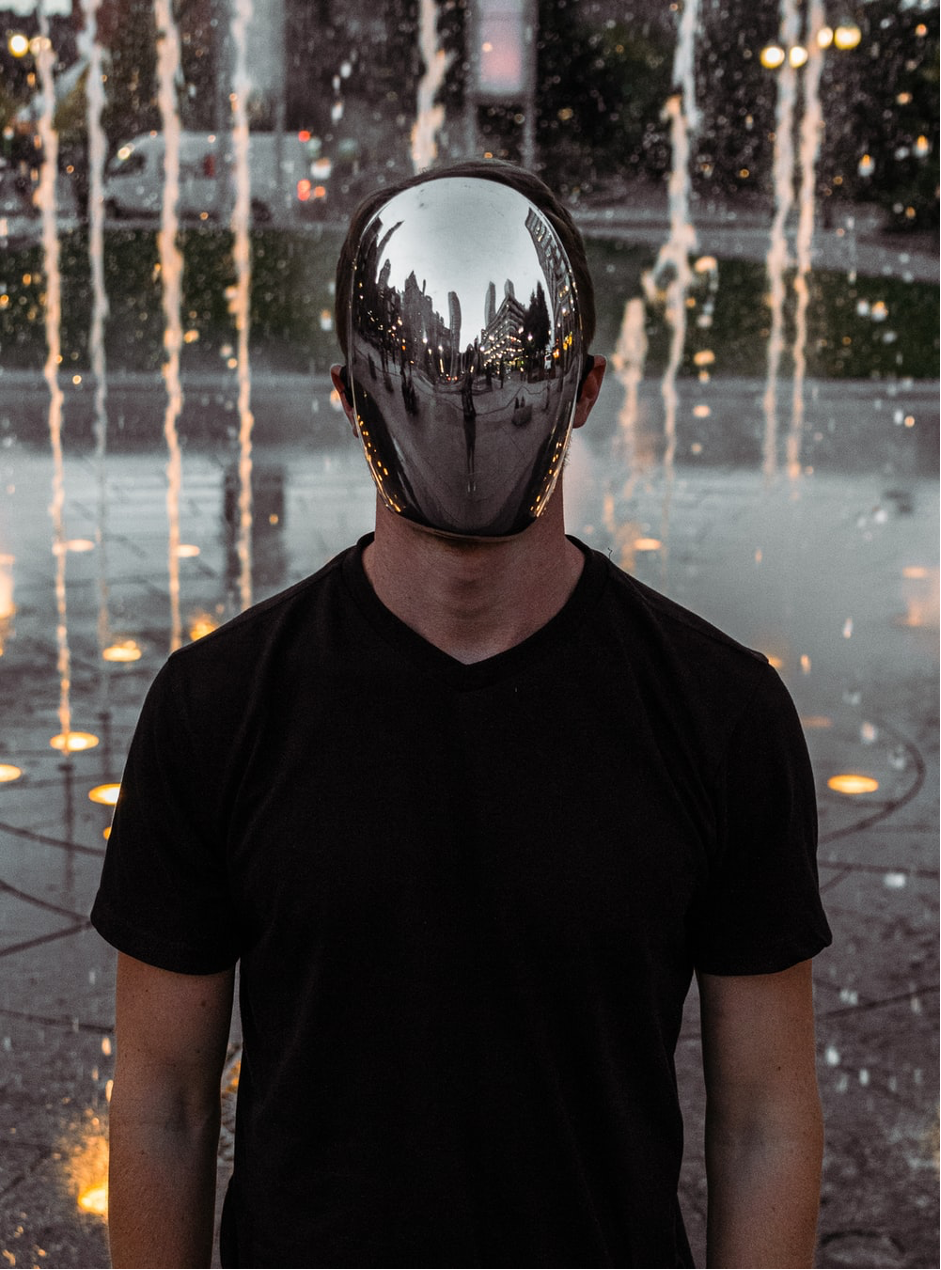
The last point I want to address in this blog because identity is more important now than it has ever been among Millennials and Generation Zers. It has become their life goal to be different and unique with all its consequences even when it comes to education. Students are forced to choose certain subjects in high school which they don’t want to continue taking later on in life. For instance, in The Netherlands, students do their graduation at the end of their high school. The level of their diploma is based on the subjects they didn’t perform well in. Isn’t that weird? Wouldn’t it be better to focus on the subjects did better in?
According the “Ondernemer” (a business platform in The Netherlands), it stipulates that intrinsic motivation has more weight than a diploma. He refers to a society which is demanding for students with this specific type of motivation. He says:
“When a student has intrinsic motivation, which fits their own identity, an assignment or project will be done with 200% effort than someone who has to do it because he simply studied for that” (Derkse, 2020). Isn’t that something which needs to be considered by several governments around the globe?
The Dutch government did research recently about the educational system’s quality. And level-wise the system scores sublime. But, when students are asked what they want and how they envision the future of education, they hint more towards personalised courses in which lectures are passé and the big mentors are becoming coaches or sparring partners. This includes identity, technology and working remotely and being more flexible. Convenience is the new standard and will influence the future more and more.

There are a couple of examples from the field already. For example, the University of Southern Mississippi has built a faculty near a lake to foster creativity in designing catastrophic weather events solutions (Klein, 2020). Or the United Kingdom’s Teeside University, which enabled their students to work virtually on their own personalised courses due to the Corona pandemic. It’s called “Brightspace” and it offers high quality solutions regarding communication from staff to student in combination with lots of opportunities for each particular student. They have access to their Intelligent Agent or all the material they need wherever they are on the globe (ASFA-WOSSEN, 2020).
The wrap things up and see the overview again. Millennials and Generation Zers demand a change in the educational space. Identity, work/leisure balance and technology tend to be one of the main factors which schools and universities lack in at the moment. The quality has to improve in order to go along with the future and to make sure everything regarding education is future proof for the coming generations. What do you think about the future of education?

Bibliography
Rana A. Saeed Al-Maroof, M. A.-E. (2018). Students Acceptance of Google Classroom: An Exploratory Study using PLS-SEM Approach. Oman: Al Buraimi University College. Setyaningsih, E. (2020). Automate Classroom and The Culture Adaptation. Knowledge E. 1&1. (2019). Work-life balance. Retrieved from Startup Guide — Ionos: https://www.ionos.com/startupguide/productivity/work-life-balance/ Bustamante, J. (2019). College Dropout Rates. Retrieved from EducationData: https://educationdata.org/college-dropout-rates Klein, K. (2020). Pine pavilions form Marine Education Center in Mississippi by Lake Flato Architects. Retrieved from Dezeen: https://www.dezeen.com/2020/06/14/pine-pavilions-marine-education-center-mississippi-lake-flato-architects/ ASFA-WOSSEN, L. (2020). The rise of personalised learning. Retrieved from Study International: https://www.studyinternational.com/news/personalised-learning/ Derkse, A. (2020). Bestuursvoorzitter beroepsopleider Curio pleit voor afschaffing diploma’s. Retrieved from De Ondernemer: https://www.deondernemer.nl/personeel/arbeidsmarkt/bestuursvoorzitter-beroepsopleider-curio-afschaffing-diplomas~2503892?fbclid=IwAR3JGORS7ZtwF85FUY-MZea6oKCAjmNEfBkrpsxM0zu0QV1P1rSiQ693RrcDerksen

